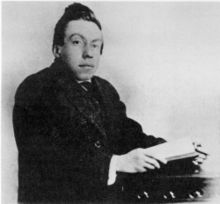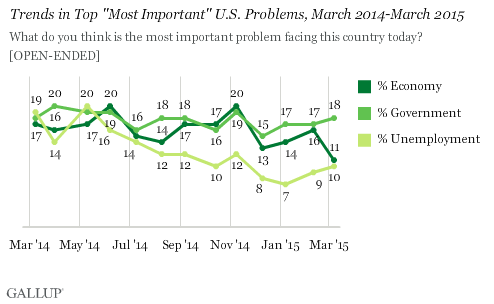1
The Americans © McDougal Littell Inc
from
A L E C T U R E O N T H E
A N T I - S L A V E R Y M O V E M E N T
1 8 5 5
––––––––––––––––––––– Frederick Douglass –––––––––––––––––––––
Let us now…examine the anti-slavery
movement in its branches, for divisions are here, as well as elsewhere. I
will not enter into an examination of their causes. God forbid! that I should
open here those bitter fountains.…
There are four principal divisions.
1st. The Garrisonians, or the
American Anti-Slavery Society.
2d. The Anti-Garrisonians, or the
American and Foreign Anti-Slavery Society.
3d. The Free Soil Party, or
Political Abolitionists.
4th. The Liberty Party, or Gerrit
Smith School of Abolitionists.…
I shall consider, first, the
Garrisonian Anti-Slavery Society.…the oldest of modern Anti-Slavery Societies.…Its
peculiar and distinctive feature…of “no union with slaveholders,” carried
out, dissolves the Union, and leaves the slaves and their masters to fight their
own battles, in their own way. This I hold to be an abandonment of the great idea
with which that Society started. It started to free the slave. It ends by leaving
the slave to free himself. It started with the purpose to imbue the heart of the
nation with sentiments favorable to the abolition of slavery, and ends by
seeking to free the North from all responsibility for slavery, other
than if slavery were in Great Britain, or under some-other nationality. This, I
say, is the practical abandonment of the idea,
with which that Society started. It
has given up the faith, that the slave can be freed short of the overthrow of the
Government; and then, as I understand that Society, it leaves the slaves, as
it must needs leave them, just where it leaves the slaves of Cuba, or those of Brazil.
The nation, as such, is given up as beyond the power of salvation by the
foolishness of preaching; and hence, the aim is now to save the North ; so that the
American Anti-Slavery Society, which was inaugurated to convert the nation,
after ten years’ struggle, parts with its faith, and aims
now to save the North.…
In Frederick Douglas’s lecture to the Rochester Ladies’
Anti-Slavery Society in 1855, Douglas explained the political party’s position
in the slavery movement. Here in this paragraph Douglas explains what each
party means and where it stands in the Anti-Slavery movement, if they are in favor
of ending slavery or merely appearing like they are.
I chose this paragraph, because we see these same things
with the main political parties of today. Political parties have not evolved
much from the past in my view. In my view, political parties and politicians
say whatever the voting public wants to hear to incite us to vote for them.
Douglas understood
“The Garrisonians”, “The Anti-Garrusinians” and “The Free
Soil Party” where just putting on a face for the Anti-Slavery movement. In his
speech to this group, he went into detail and to me, it was telling them to
continue the fight against slavery, because if they don’t know one else will
help them out.


